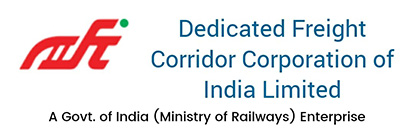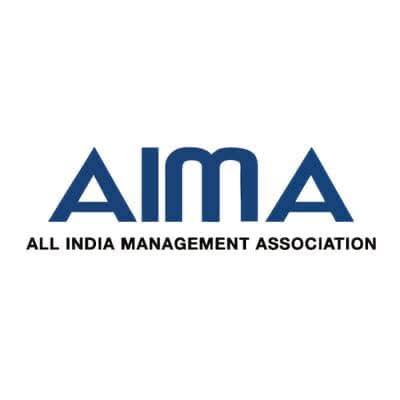Secure Legal & Associates (SLA) is a new generation law firm which believes that right legal advise and favorable outcomes can be achieved by creating a synergy between legal professionals and subject matter specialists.














Founder & Managing Attorney

Vertical Head

Senior Associate

Associate

EA To Managing Attorney

Associate

Associate (Trainee)

Consultant

Consultant

COO

Senior Associate
Accomplished Civil Engineer with 25+ years of comprehensive experience in leading the planning, execution, and oversight of marine, industrial, and infrastructure developments.

The session conducted by Mr Chetan Kavdia on, understanding best practices in bidding and contract management was very knowledgeable, interactive and appreciated.

We would like to thank Adv. Chetan Kavdia for conducting the program "Advanced contract drafting" at RCF and look forward to a long-term relationship with Mr Kavdia.

The session conducted by Mr Chetan Kavdia was very thought provoking and highly interactive on the topic "Contract Management". We wish him all the success in his future endeavors.

Mr Chetan Kavdia is a visiting faculty at SCMHRD. His courses are well sought after by the students and we thank him for being hardworking, innovating and diligent in his work.

Its an eye opening experience to know about laws in training for contract management & dispute resolution for procurement dealing in the future. Thanks to Mr Chetan Kavdia & Mr Vishal Kansara.

It was wonderful to have you with us for 2 days. i must say that the workshop on contract management was certainly a step up in the learning journey of employees of our procurement dept of our group.
As per the rules of the Bar Council of India, we are not permitted to solicit work or advertise. By agreeing to access this website, the user acknowledges and confirms the following:
There has been no advertisement, solicitation, personal communication, invitation or inducement of any sort whatsoever from Secure Legal & Associates or any of its members to solicit any work through this website.
This website is meant only for providing information and does not purport to be exhaustive and updated in relation to the information contained herein. No material/ information provided on this website should be construed as legal advice.